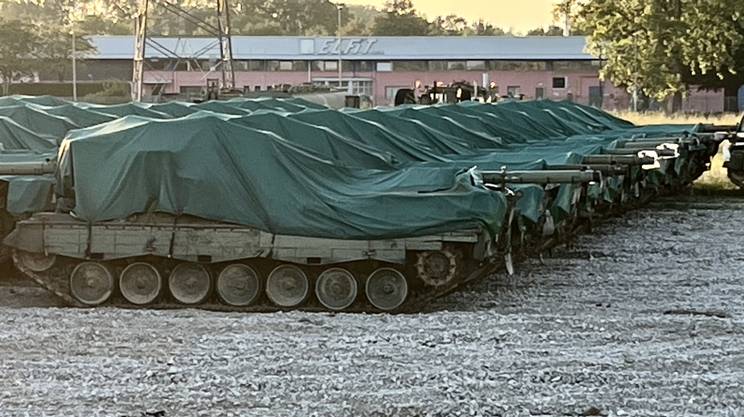Swiss clear Leopard 1 tank sale to Germany, unless reexported to Ukraine

Switzerland’s federal government has approved on 28 May the sale of 71 Leopard 1 battle tanks by defense contractor Ruag MRO to Germany, while explicitly prohibiting their export to Ukraine, in line with Swiss neutrality laws. This was reported by SWI swissinfo.ch.
In 2023, Switzerland’s state-owned arms manufacturer Ruag sought to sell 96 Leopard 1 tanks to the German arms company Rheinmetall for eventual use in Ukraine. The tanks, acquired from the Italian Ministry of Defense in 2016, were originally purchased for resale or as a source of spare parts. They are currently stored in Italy.
However, the Swiss government blocked a proposed sale the same year of the tanks to Germany due to concerns they could be transferred to Ukraine. Swiss law prohibits the export of war matériel to countries involved in armed conflicts.
Following that decision, Ruag MRO submitted an application to the State Secretariat for Economic Affairs (SECO) for a license to carry out the sale. However, according to the federal government, no license is necessary in this case. Germany is listed among countries to which military matériel can be sold without requiring special authorization.

Despite the green light for the transaction with Germany, the tanks “may expressly not be sold to Ukraine,” the report noted.
Read also
-
Ukraine weapon range limits still in place, says German vice chancellor, contradicting Merz
-
Swiss military could deploy 200 troops to Ukraine, commander says
-
Switzerland commits $ 5.5 billion to Ukraine’s long-term reconstruction
-
Neue Zürcher Zeitung: Russia covertly attempts to procure Swiss machines for precision weapons
-
Forbes: Ukrainian Leopard 1A5 tank survives 8 Russian drone strikes, shows armor upgrades work